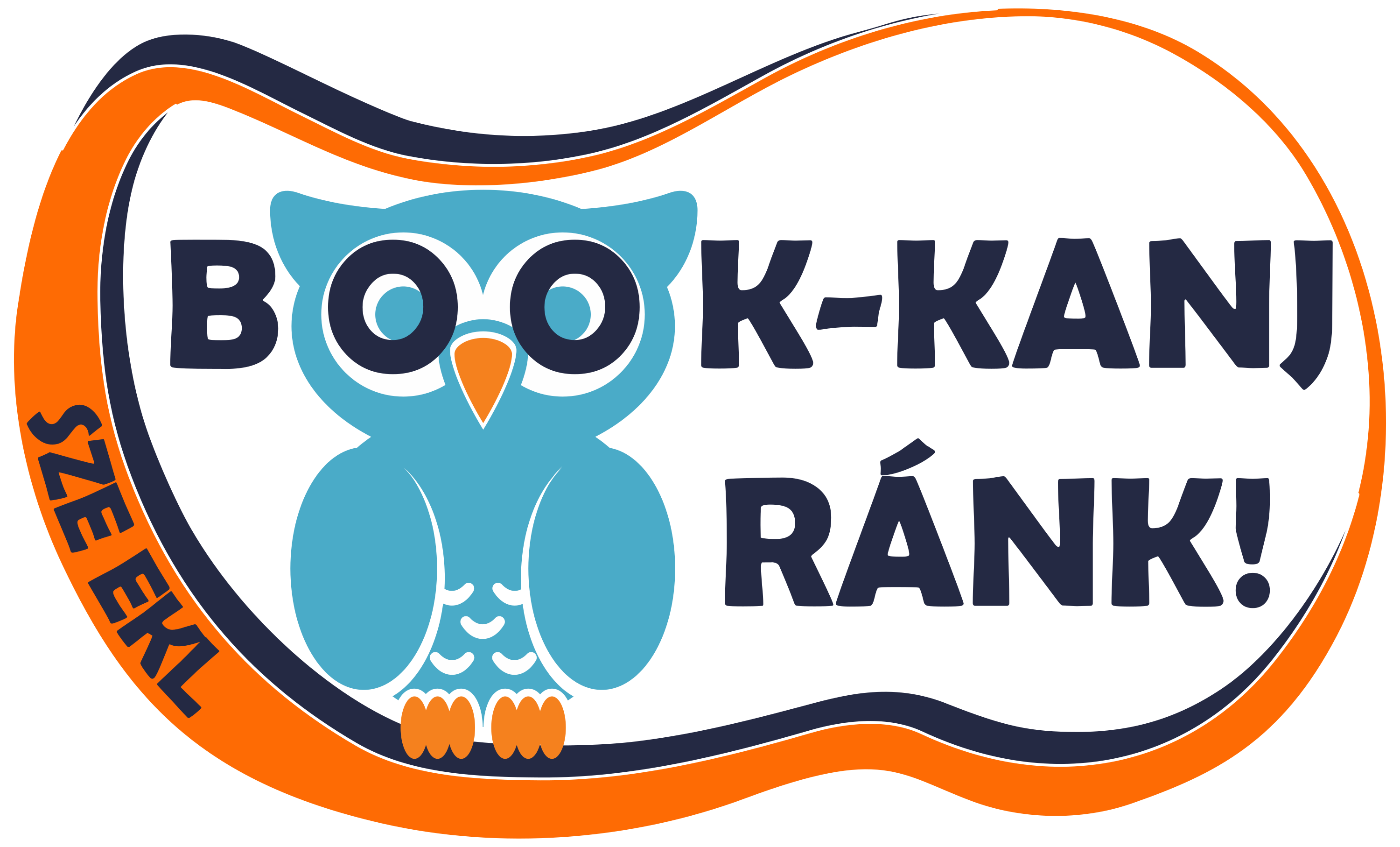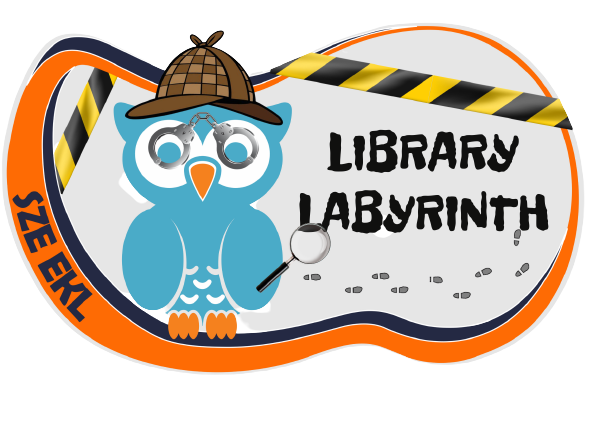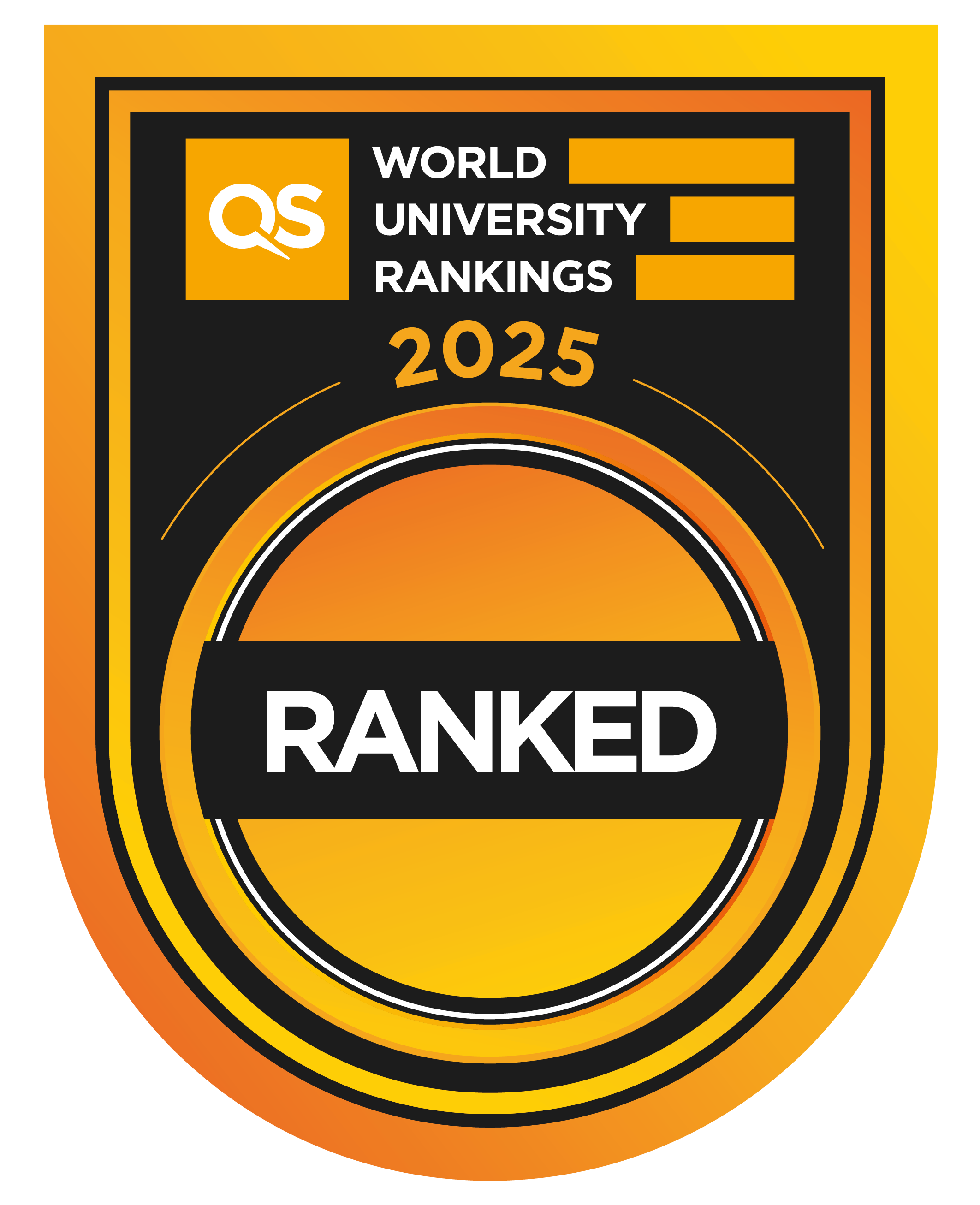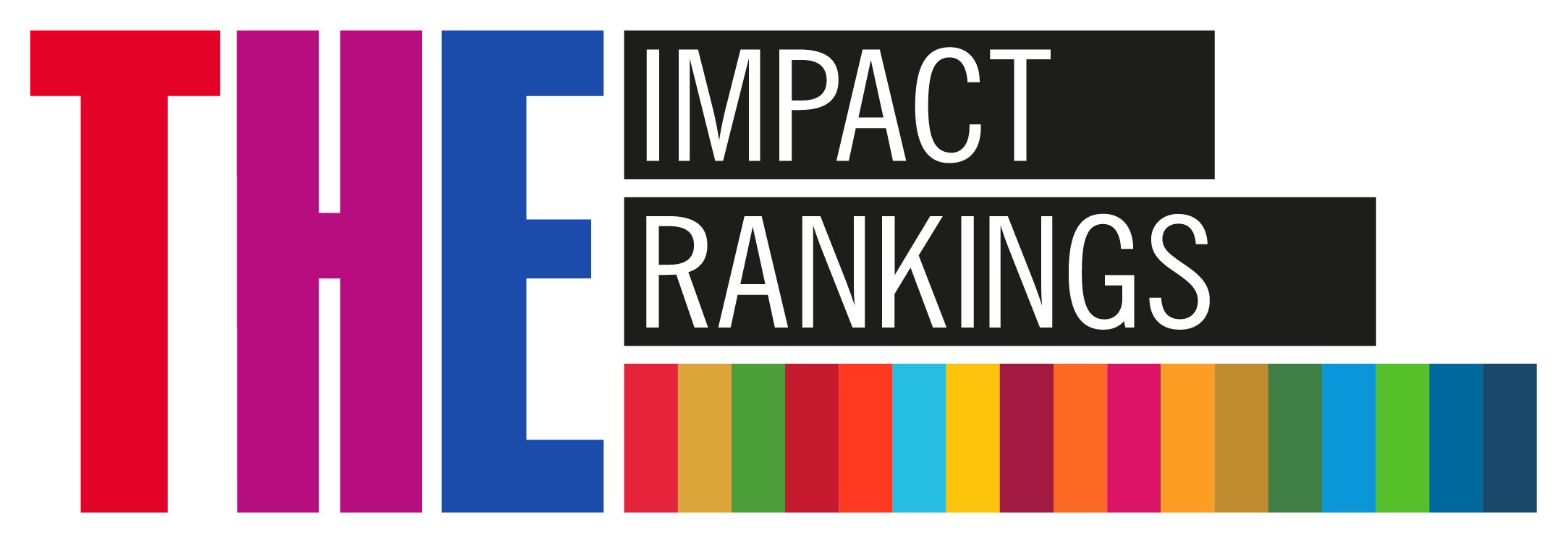Writefull
 Writefull uses the latest artificial intelligence techniques to provide linguistic feedback on scientific texts. It has been developed specifically for students and researchers and its feedback is adapted to scientific writing. Using Writefull enables students and researchers to write with greater confidence and make fewer mistakes, thereby increasing their productivity and promoting academic success.
Writefull uses the latest artificial intelligence techniques to provide linguistic feedback on scientific texts. It has been developed specifically for students and researchers and its feedback is adapted to scientific writing. Using Writefull enables students and researchers to write with greater confidence and make fewer mistakes, thereby increasing their productivity and promoting academic success.
Components:
1. Online interface (writefull X)
Title generator
The address generator model is trained on a dataset of address-abstract pairs. During the training process, the model learned what elements from the abstract usually occur in the title and how they appear. The generated titles are accurate, even when the text is not scientific in nature.
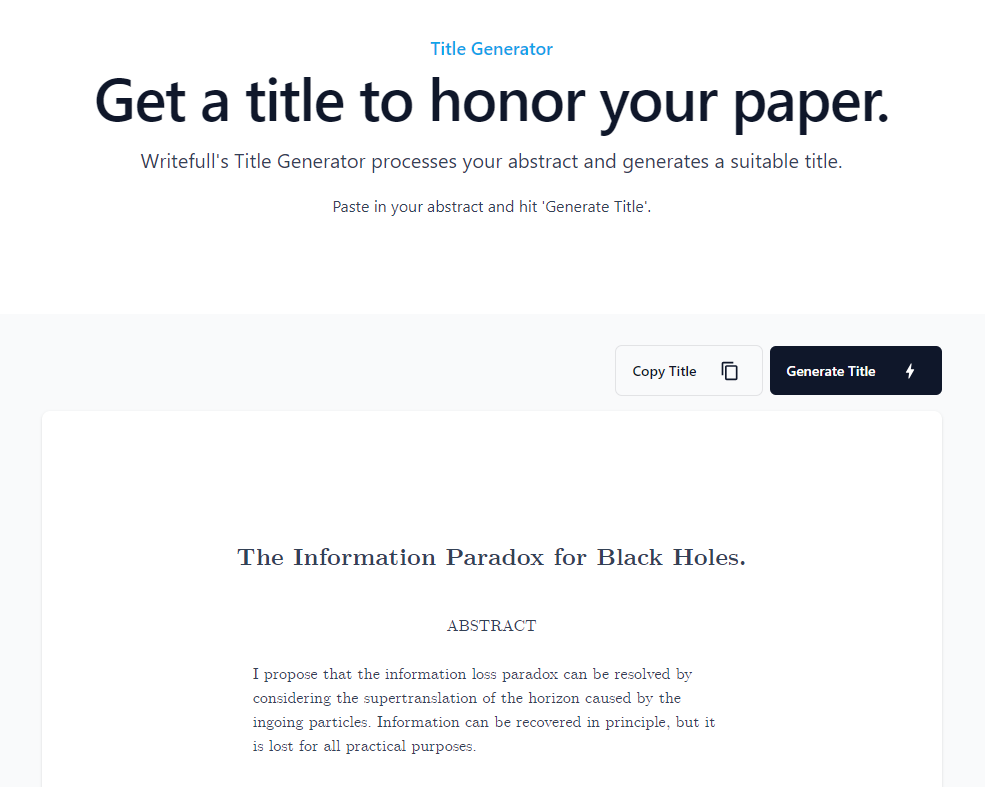
Abstract generator
Writefull's abstract generator produces an abstract based on the content of the manuscript/essay
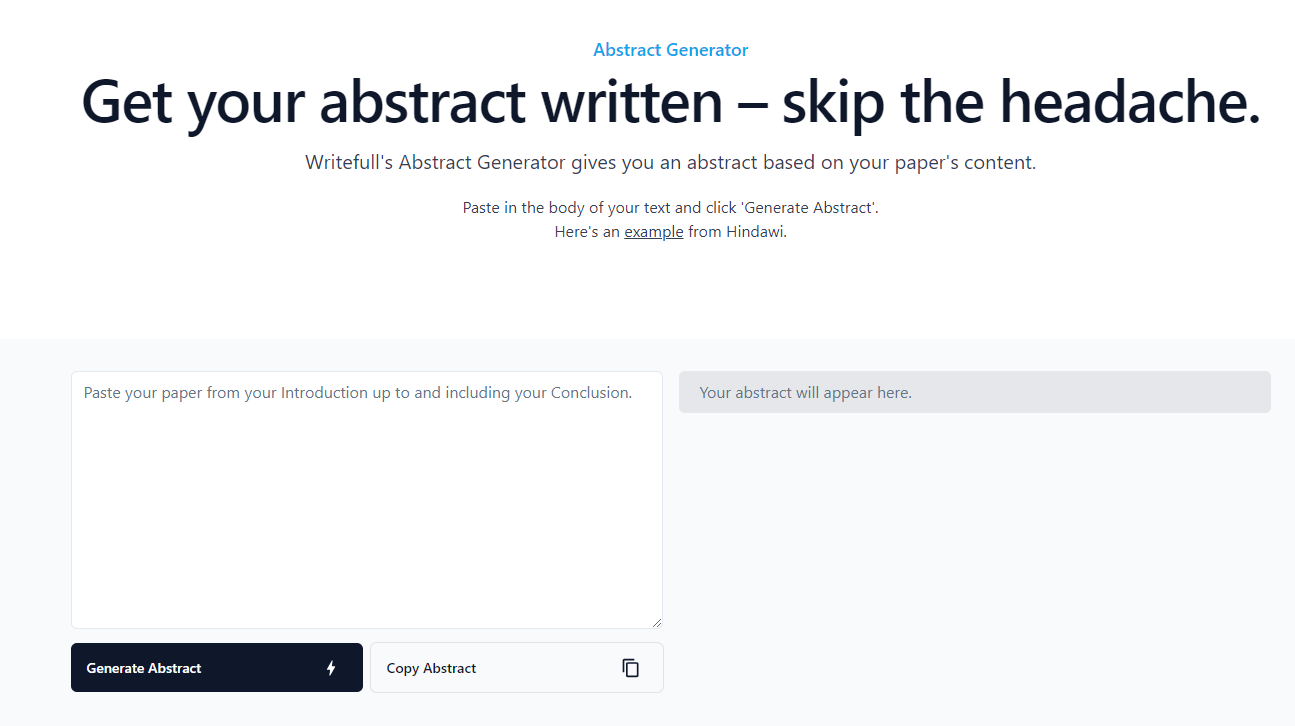
Paraphraser
This tool offers alternative ways to describe something. It suggests phrases, synonyms and frequently used word structures. There are 3 levels to choose from, which can help you make your selection easier.
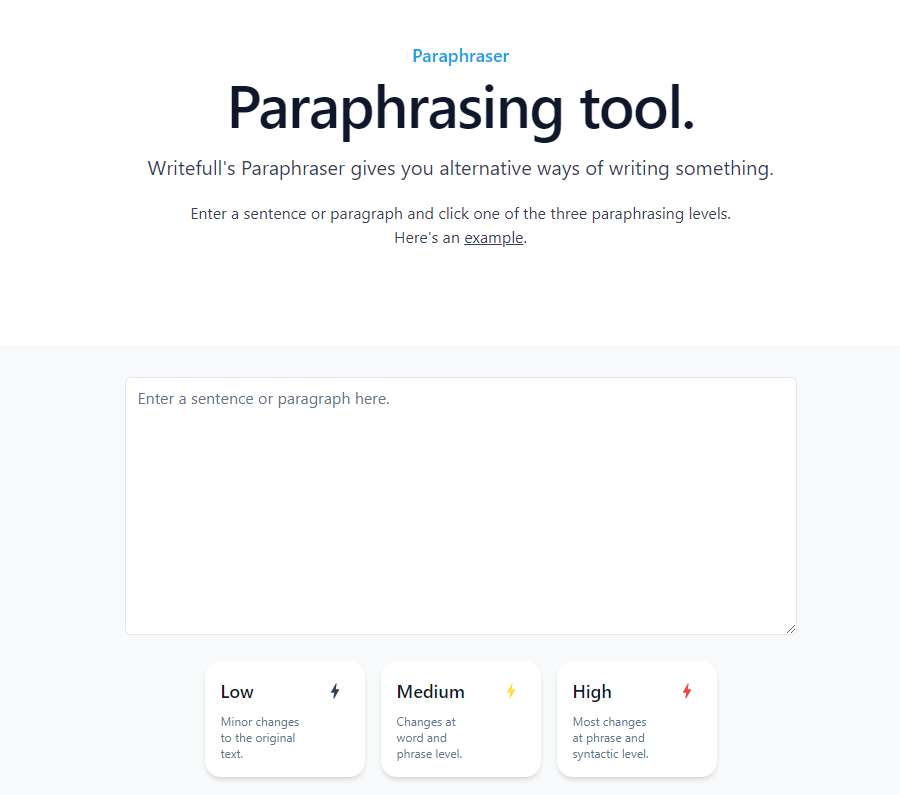
Academizer
This widget is trained to make informal language academic. Thus helping writing if the author could "only" express something in ordinary English.
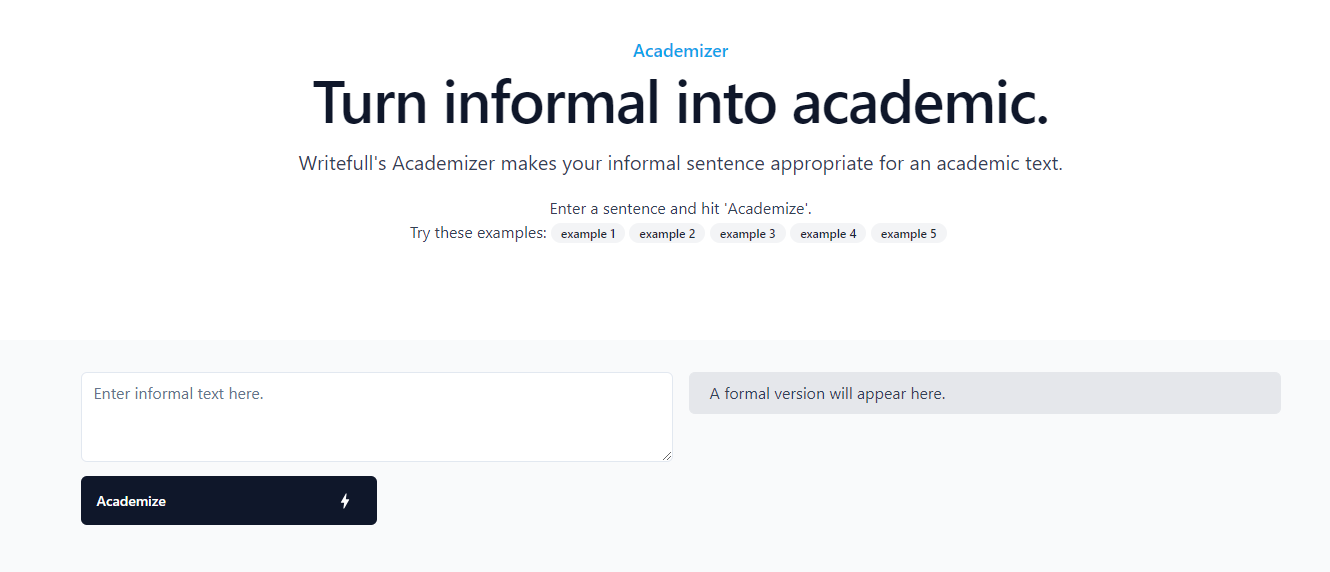
GPT detector
This application allows you to check whether a text is from GPT-3, GPT-4 or ChatGPT. This is an increasingly difficult task. The more creative the language used in the GPT-plagiarised text, the more difficult it is to detect the "voice" of GPT-3, GPT-4 or ChatGPT. And the linguistic creativity of a GPT text depends on many things, such as the parameters set and the prompts entered. For example, ChatGPT can be asked for long or short sentences, confident or cautious tone, formal or informal vocabulary.
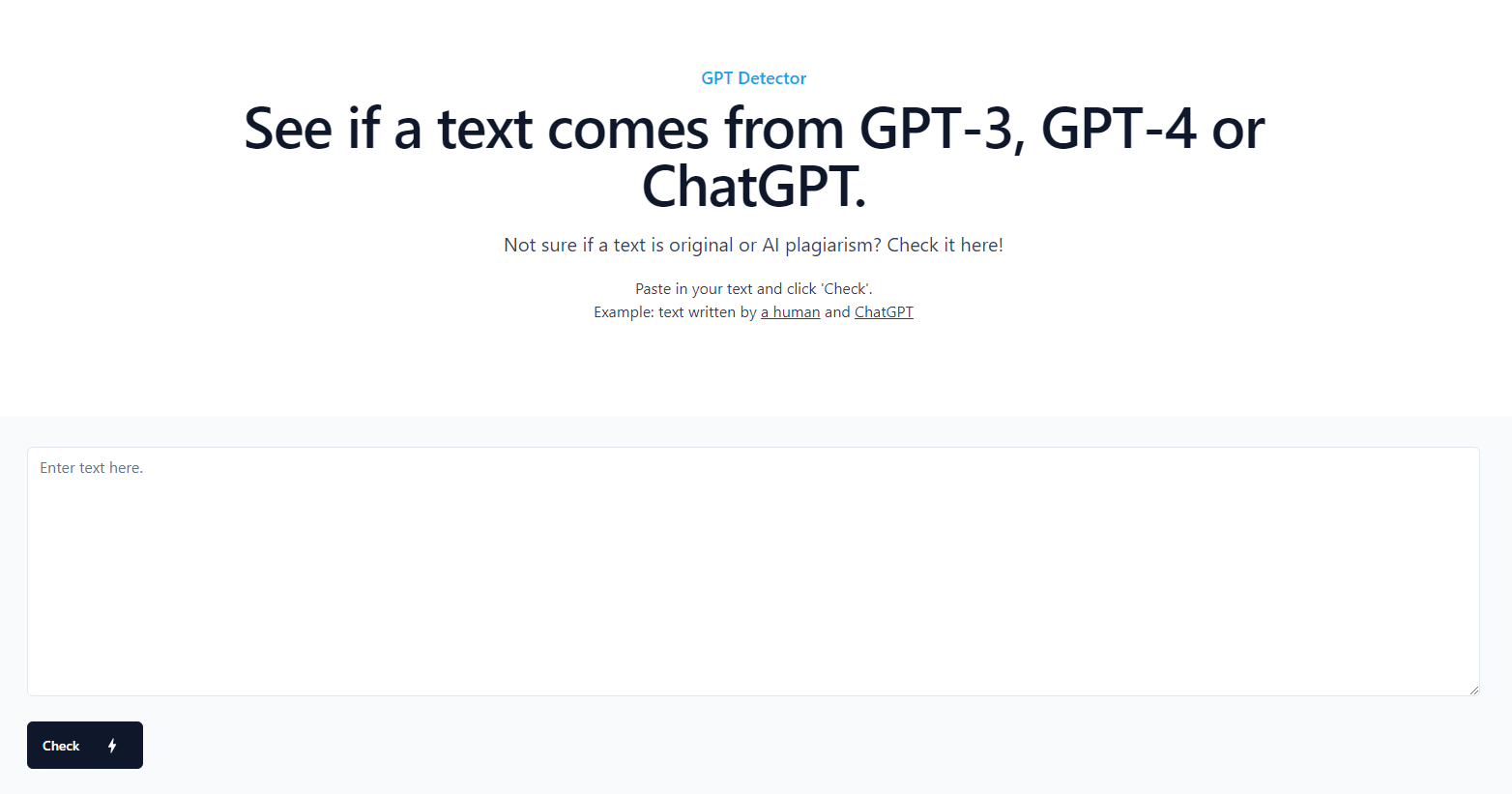
2. Writefull for Word / Overleaf
- Writefull for Word / Overleaf provides linguistic feedback on text written in Microsoft Word / Overleaf, with different levels of editing depending on individual needs.
- In "Proofreading" mode, Writefull checks for correct grammar, word usage, style and more.
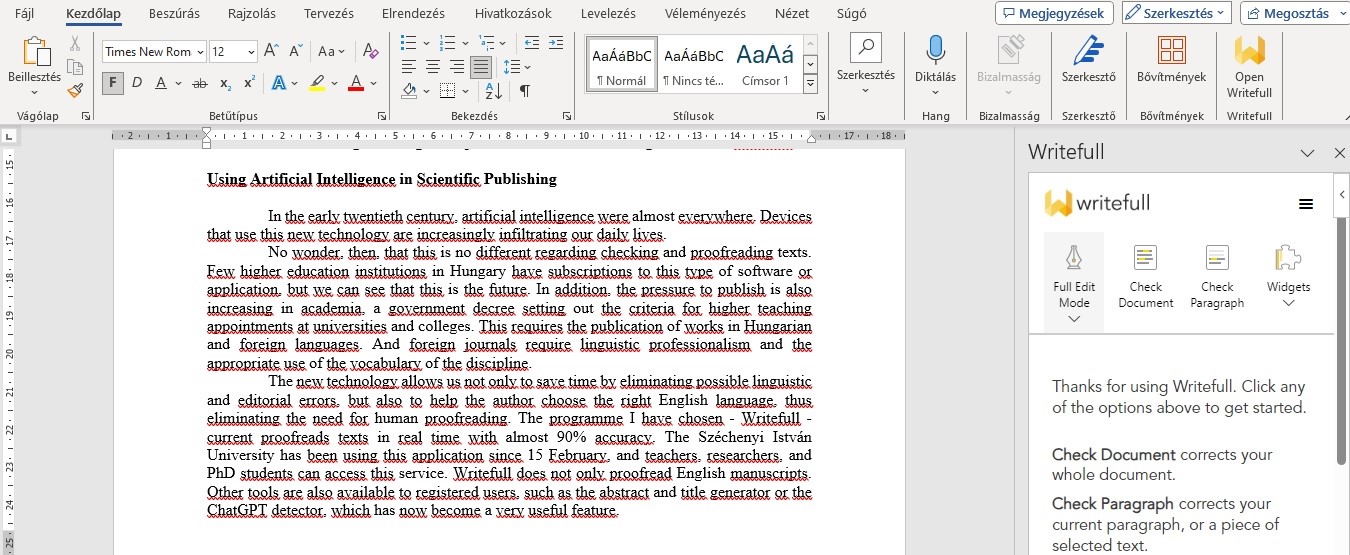
- In "Full Edit" mode, Writefull also checks wording and word order for better readability of the text.
- The Sentence Palette is a browsable list of very common scientific terms used in different sections of research papers, which can be inserted directly into the text.
- Language Search provides a database of authentic language from scientific texts to see how words and phrases should be used in context
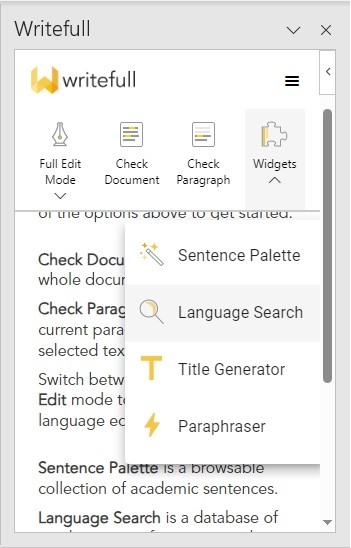
3. Writefull Revise
- Revise screen texts for grammar, spelling, vocabulary, punctuation and style.
- Writefull Revise can be used by both students and teachers to check the linguistic quality of the text they have already written and to correct any linguistic errors.
- Its use is therefore recommended before submitting a work for publication (e.g. a paper to a journal, or a proposal to a conference or funding body), or before handing in coursework.
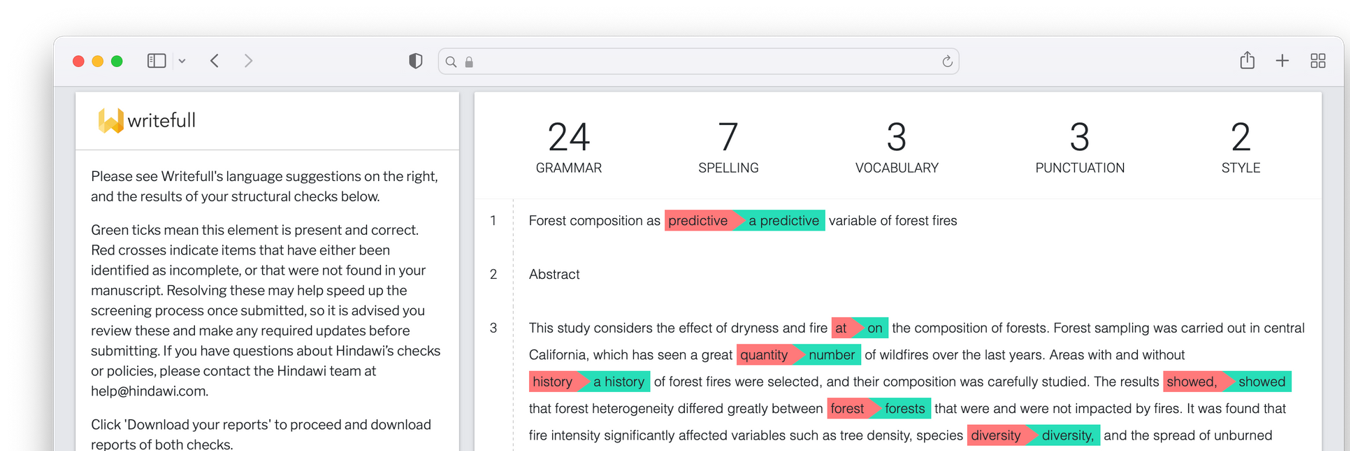
4. Writefull Cite
- Authors can upload their text to Cite and review the citation suggestions offered by the tool.
- If Writefull identifies a sentence in the Cite that contains information that needs to be supported by a citation, and the sentence does not already contain a citation, it will suggest that you add a citation to the sentence.
- Unlike anti-plagiarism tools, Cite does not compare texts against a database. It uses its own artificial intelligence-based model to assess whether a citation is likely to be needed.
- As with Revise, the use of Cite is recommended before submitting a work for publication (e.g. a paper to a journal, or a proposal to a conference or funding body).
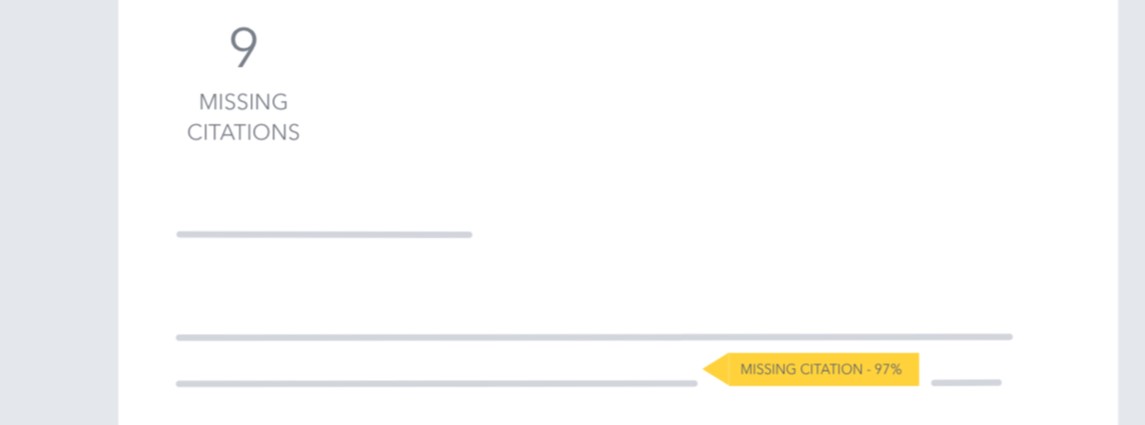
5. Writefull Insight
- Set of data-driven academic writing tips. It contains 3 major parts: commonly words list, academic writing tips and corpus analysis.


